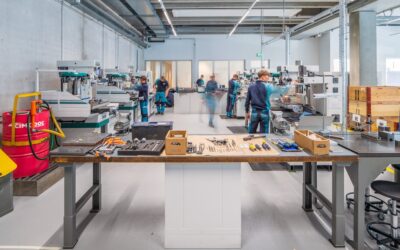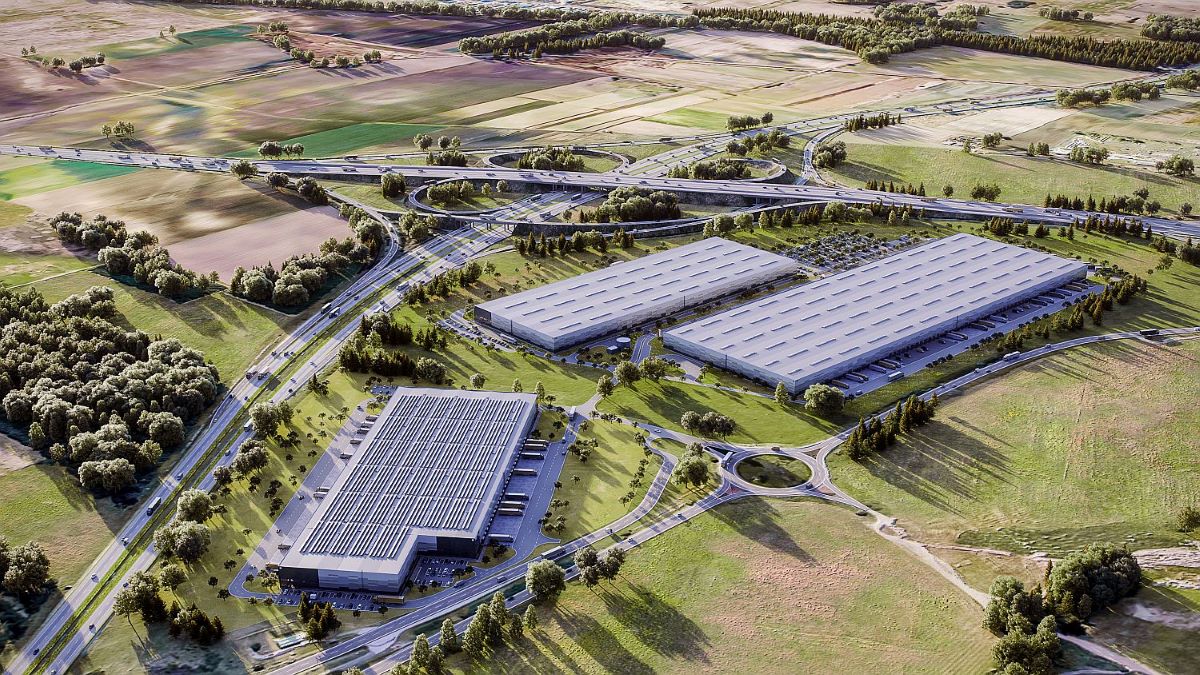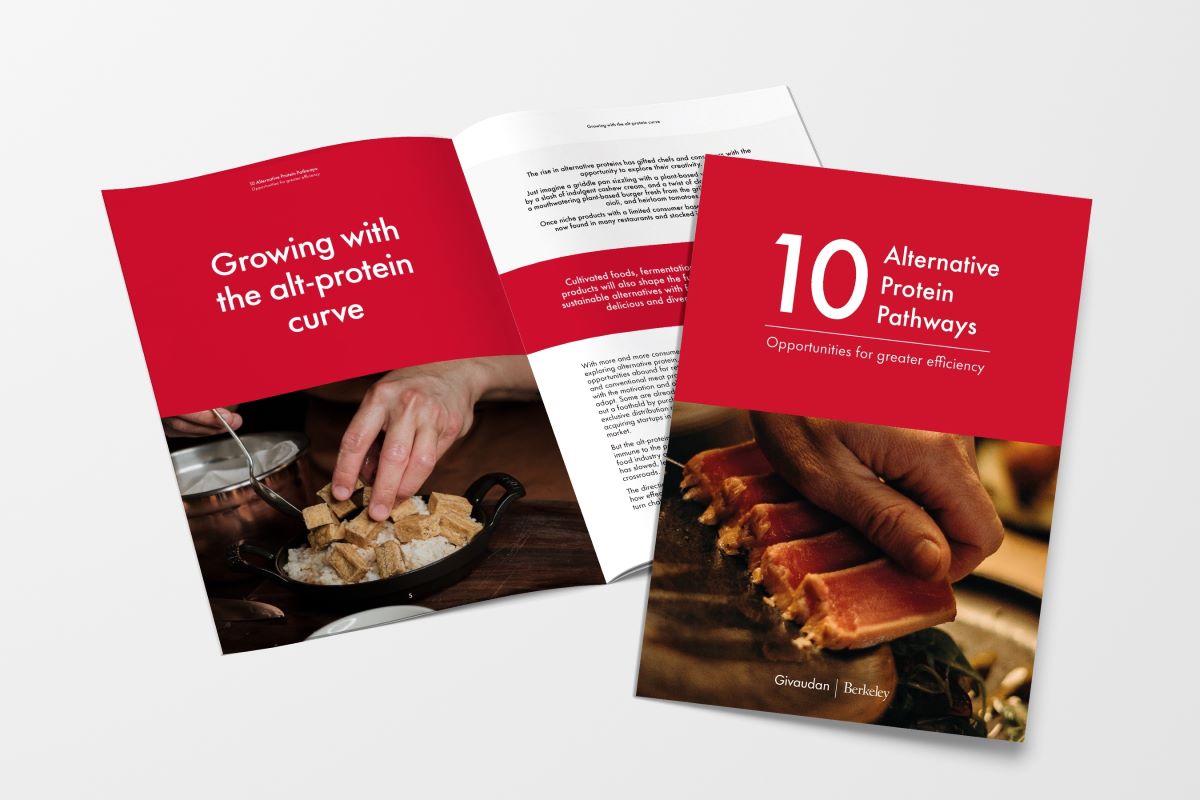Finding your first home base in...
Planetary partners with Konica Minolta to optimise microbial fermentation through advanced sensors and artificial intelligence
Planetary partners with Konica Minolta to optimise microbial fermentation through advanced sensors and artificial intelligence

Planetary SA, the Geneva-based biotechnology company, announced today a strategic partnership (MOU) with global leader in imaging technology, Konica Minolta, Inc. (”Konica Minolta”), to develop and implement advanced sensing, artificial intelligence (A.I.), and bioprocess data-driven solutions to optimise the control of fermentation processes in real-time. Through this strategic partnership, the two companies aim to leverage sensing solutions, A.I., and bioprocess data to detect process anomalies, control growth parameters, and increase productivity whilst decreasing lost production batches.
While microbial fermentation holds the potential to revolutionise production systems for a range of industries, the monitoring and control of these processes has been largely left unchanged in recent years. Together, Planetary and Konica Minolta aim to bring innovative data-driven sensing technologies and complementary artificial intelligence to monitor, control, and optimise fermentation processes in real-time. By teaming up with Konica Minolta, Planetary plans to bring these technologies to market and offer them to bioproduct manufacturers globally, increasing productivity and reducing overall cost of production.
“Where Konica Minolta excels in process monitoring technologies based on our 150 years of optics expertise, my conversations with Planetary have given me the impression that they have the speedy nature as a startup with cutting edge bioprocesses backed by their strong leadership. With our expertise combined, I believe this MOU can help us explore further avenues to strengthen our relationship and move toward a direction to solve the true bottleneck of the biomanufacturing industry at a global scale.” Ryutaro Mori, Corporate VP & Chief Innovation Officer, Konica Minolta, Inc.

“Conventional food and material production systems are being disrupted by fermentation-based biomanufacturing. The shift started with high-value items and is now finding its way into commoditised products. To achieve price parity, fit-for purpose production sites need to be designed, strain performance optimised, bioprocesses innovated, controlled, and automated. Konica Minolta and Planetary are in a pole position to jointly harness real-time A.I. and bioprocess data-driven sensing solutions which will reduce COGS by an additional 20-30%.”David Brandes, Co-Founder & Chief Executive Officer, Planetary SA
About Konica Minolta
Konica Minolta Inc., a global technology company headquartered in Tokyo, is one of the world leaders in imaging and sensing technologies. Being known for their optics, industrial radiometric instruments, and other optical devices, the company aims to enter the fermentation space to bring innovative fermentation sensing technologies and associated AI. By utilizing decades of experience in imaging technology, Konica Minolta is building on its expertise to disrupt traditional fermentation sensors and bring new technologies to the market.
About Planetary
Planetary, a Geneva-headquartered company founded in 2021, has set out to establish critical production infrastructure for the emerging bio-based economy by providing industrial-scale fermentation capacity and developing related bioprocessing intellectual property (IP). Planetary leverages the technology of aerobic microbial fermentation to produce food ingredients and bio-based materials at industrial volumes for partners around the world.
About the Bioeconomy Revolution
The global demand for food, plastics, chemicals, and other commodities is growing in accordance with the development of population size and living standards. Many of the animal and fossil-based production systems are unsustainable and are taking a toll on our ecosystem, including the reduction of freshwater resources, land resources, and the uncontrolled emissions of greenhouse gases. Recent scientific advancements, however, have uncovered new, sustainable methods of production.
According to the McKinsey Global Institute (MGI), McKinsey & Company’s business and economics research arm, the bioeconomy could have direct economic impact of up to $4 trillion a year in the next decades, with the potential to produce up to 60% of all physical goods – foods, chemicals, and other bio-based products through a biology-driven production approach. Microbial fermentation is a critical process within the bioeconomy, and by leveraging technologies such as biomass and precision fermentation, these products can be produced sustainably at scale and at competitive cost.
Never miss a Swiss food innovation morsel.
Latest News
Where food innovation takes root: finding the right space in Switzerland
Bühler introduces vocational fast-track training
Valley partner Bühler recently...
Smart hires, strong starts: building a food innovation team in Switzerland
Your technology may be world-class –...
planetary scales B2B ingredient sales as ALDI Suisse selects Libre® mycoprotein for product launch
Planetary SA (“planetary” or the...








